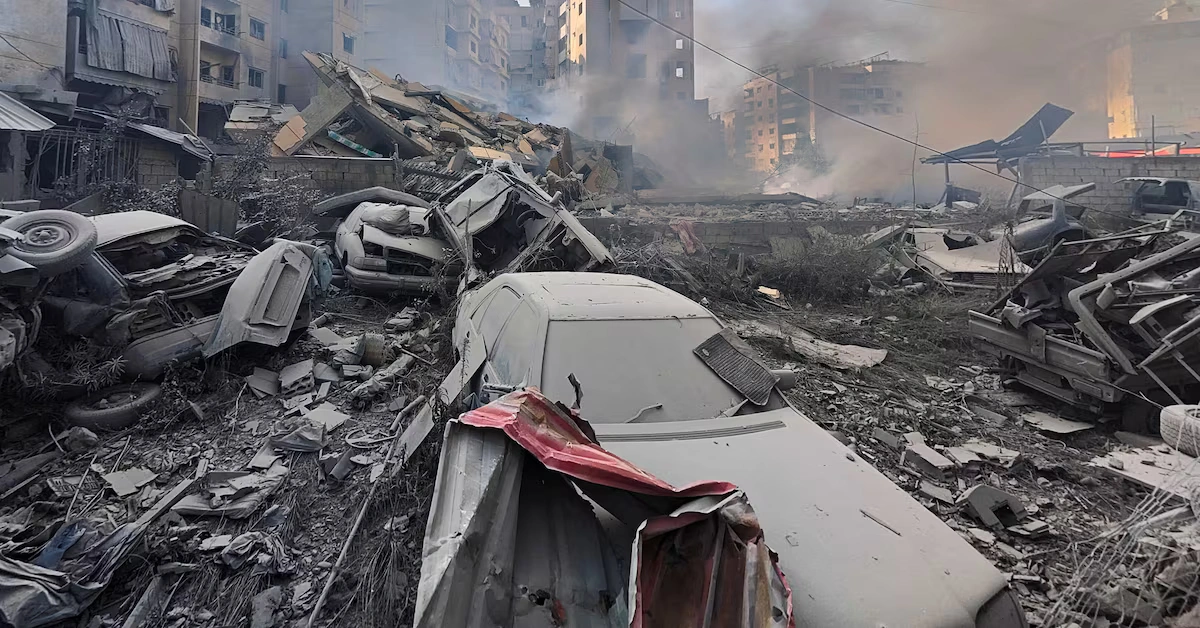Lebanon is under pressure to elect a new president during the 60-day ceasefire with Israel, according to three official sources in Beirut. This agreement is part of the truce that ended the devastating war between Israel and Hezbollah.
Lebanon’s parliament has now scheduled a voting session for January, after multiple failed attempts over the past two years.
The ceasefire agreement negotiated with Hezbollah brought an end to a war that resulted in the loss of 4,000 Lebanese lives and caused significant destruction, ultimately weakening the militant group.
A senior Lebanese security source stated, “The agreement includes the election of a president within the 60-day truce as part of efforts to reactivate Lebanon’s state institutions.”
Another source confirmed that forming a government is also part of the deal, emphasizing the urgency of stabilizing Lebanon’s political landscape. “During the truce, a session will be held to elect a president,” a senior political figure stated.
Lebanon’s Leadership Crisis
Lebanon has been without a president since October 2022. Efforts to elect a successor to Michel Aoun have repeatedly failed due to political divisions within parliament, where no single faction holds a majority. International players, including the US and France, have stressed the importance of electing a president to address the country’s political and economic crises.
US envoy Amos Hochstein, who mediated the ceasefire, highlighted the critical need for leadership, while Parliament Speaker Nabih Berri confirmed that a voting session is set for January 9. “I had promised to schedule a session after the ceasefire,” Berri said. “The session will provide a chance for an agreement, and ambassadors will be invited to witness the process.”
Challenges Ahead
The presidential election remains uncertain. Past voting sessions saw splits between candidates Jihad Azour and Suleiman Frangieh, neither of whom secured enough votes.
Meanwhile, Lebanon’s complex confessional political system reserves key roles for different religious groups, with the presidency assigned to a Maronite Christian. In the absence of a president, Najib Mikati’s caretaker government continues to function but has limited powers.
Adding to the political deadlock, Lebanon faces one of the worst economic crises in modern history, worsened by the war with Israel. Essential services like electricity, clean water, and medicines remain scarce, leaving millions struggling daily.
Potential for Change?
Hezbollah, a key player in parliament, has long supported Suleiman Frangieh for the presidency. However, recent comments by Hezbollah leader Naim Qassem suggest a potential shift. He indicated the group might take a more cooperative approach, aiming to support reconstruction efforts and break the political impasse.
As French envoy Jean-Yves Le Drian visits Beirut, international pressure continues to mount. France, along with Saudi Arabia, Egypt, Qatar, and the US, has urged Lebanese leaders to end the deadlock and elect a president.





